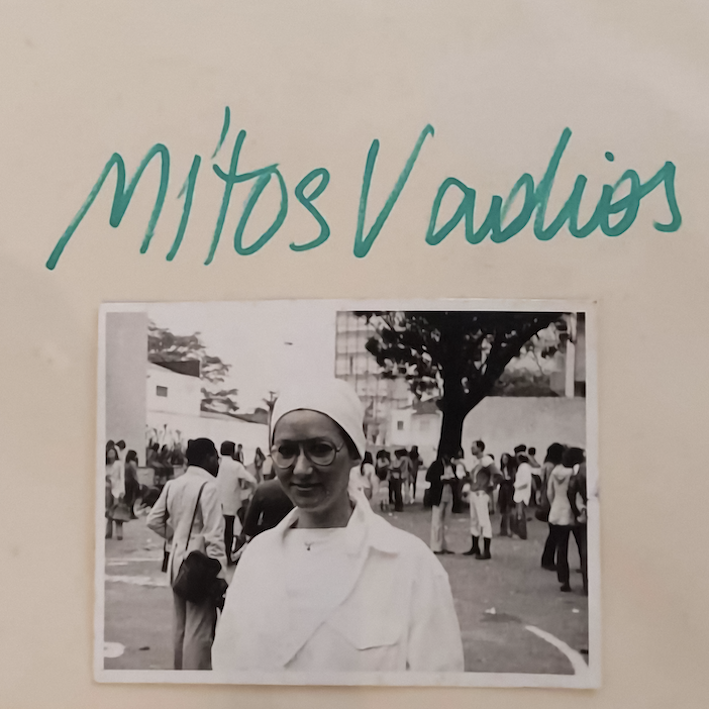Women artists in Brazil – Oscillating between democracy and dictatorship?
Women artists in Brazil – Oscillating between democracy and dictatorship?
Women artists in Brazil – Oscillating between democracy and dictatorship? is a panel organized by Patricia Branco Cornish, PhD candidate at Concordia University working with the HEN Oralities Cluster, at the 17th Congress of the Brazilian Studies Association (BRASA) at San Diego State University in April 2024. The conference program includes academic panels, invited speakers, plenary sessions, and cultural activities.
This panel addresses women artists and scientists in the Brazilian art scene from the mid-twentieth century to today. The panelists examine how Brazilian women creatively responded to state repression, censorship, and gender inequalities through art.
The year 1945 marked the end of Estado Novo and the beginning of a strengthened democratic order. In this period, Nise da Silveira revolutionized psychiatric methods with the establishment of an occupational therapy department in Rio de Janeiro. The painting studio and the works produced there not only stand for a more humane treatment of psychiatric patients, but it also provided a fundamental expansion of the understanding of art.
In parallel to the Brazilian civil-military dictatorship (1964-85) emerged a vibrant counter-cultural movement in which artists denounced political and social inequalities through art. In this scenario, Gretta Sarfaty pioneered art which criticized women’s position as second-class, using her body as a tool of self-expression. She also took on performances to explore mystic and spiritual experiences as a tool of self-knowledge during the 1978 happening “Mitos Vadios” alongside Hélio Oiticica and Lygia Pape.
Finally, the panel sheds light on questions like how these artists and scientists contributed to cultural multiplicity and helped to create a new identity for women in Brazil across periods of censorship and gendered imbalances. These issues persist in Brazil’s political arena now. So, how can the revolutionary relationship between art and politics continue to challenge power?
The panel includes:
Sarah Poppel, Independent Art Historian – “Nise da Silveira – “the innumerable states of being” Democratizing impulses in psychiatry and the arts”
Patricia Branco Cornish, PhD at Concordia University – “Art as a tool of self-discovery in the works of Greta Sarfaty”
Dr. Tatiane De Oliveira Elias, Art History Professor at UFSM – “Artistas mulheres, ditadura e redemocratização no Brasil”
Dr. Thais Blank, Social Science Professor at FGV CPDOC – “Inês and Norma: paths crossed in images, archives and political resistance”
Chair, Dr. Tatiane De Oliveira Elias, UFSM
Moderator, Dr. Fernando Scherer, Philosophy Professor at Univasf
Session Organizer, Patricia Branco Cornish, Concordia University
Find the congress schedule and more information on the BRASA website
